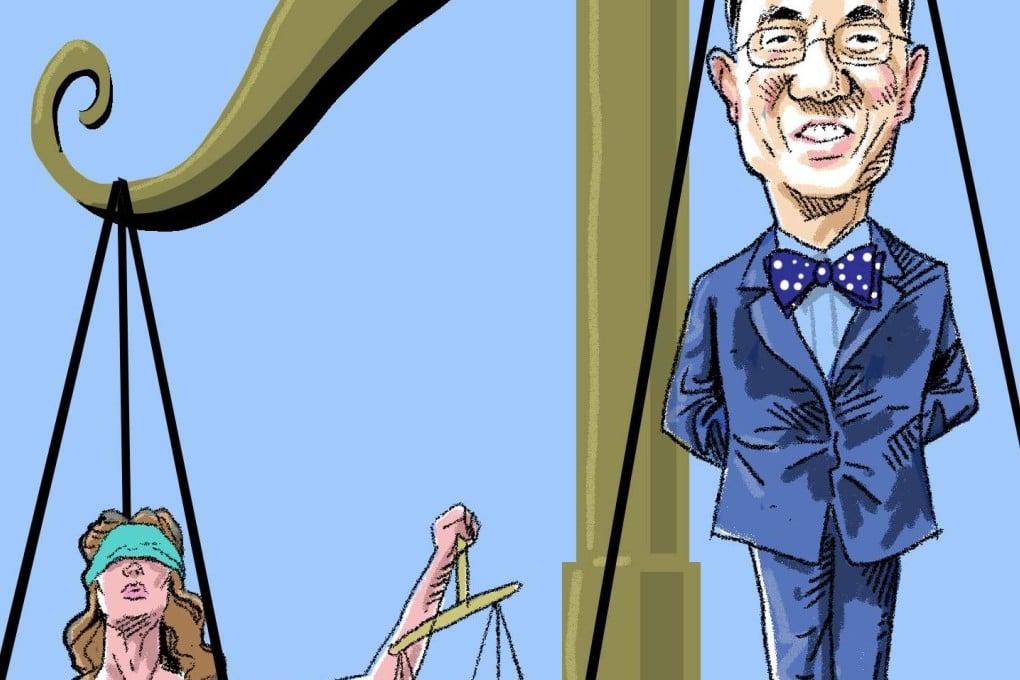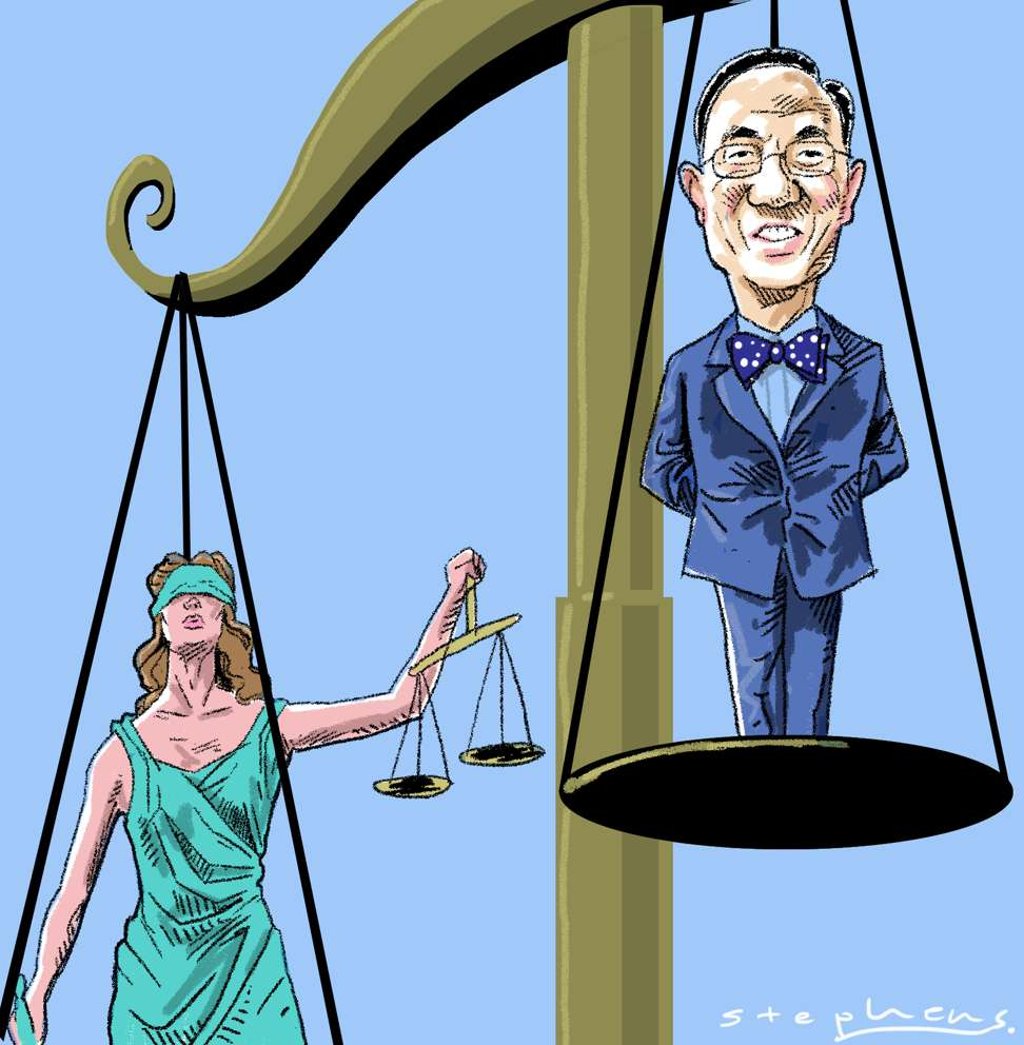Donald Tsang’s loss is a victory for Hong Kong’s rule of law
Deng Yuwen lauds the city’s justice system for showing that even its top leader is not above the law – a great example to mainland China, where abuse of power remains rampant among officials

Former Hong Kong chief executive Donald Tsang Yam-kuen was sentenced to 20 months in prison at the end of his high-profile corruption trial, after the jury found him guilty of misconduct in public office. This made him the highest-ranking city official ever to be convicted and imprisoned.
Donald Tsang’s downfall leaves Hong Kong law in the dock
Perhaps there is some room for improvement. Admittedly the city’s legal system has gone through some changes in recent years. However, to declare the rule by law in regression or even dead based on a single case would be too sensational.
What a pitiful life it is being Hong Kong’s chief executive!
Indeed, should such a pronouncement be true, the Donald Tsang trial would make no sense. To observers in both mainland China and Taiwan, it seems rather incredible that a former chief executive of Hong Kong would be jailed for 20 months simply for the deed he had been accused of. However, this shows exactly that the rule of law in Hong Kong remains robust, and that its spirit still stands – all are equal before the law.
Tsang faced three charges. One was a bribery charge, on which the jury was unable to reach a verdict. The other two were charges of misconduct in public office – one concerned his failure to disclose his negotiations over a Shenzhen penthouse (for which he was convicted), and the other had to do with a government honour awarded to Barrie Ho Chow-lai, the interior designer for his Shenzhen penthouse (for which Tsang was acquitted).
Watch: Donald Tsang sentenced to 20 months in prison for misconduct
Watching these developments on the sidelines, many mainlanders could not help but feel aggrieved on Tsang’s behalf, as such supposed misdeeds would be trivial on the mainland, not uncommon among its officials. What a pitiful life it is being Hong Kong’s chief executive! Even in Taiwan, the media there pointed out, no leader could ever be convicted on such grounds in the island’s current legal system.
